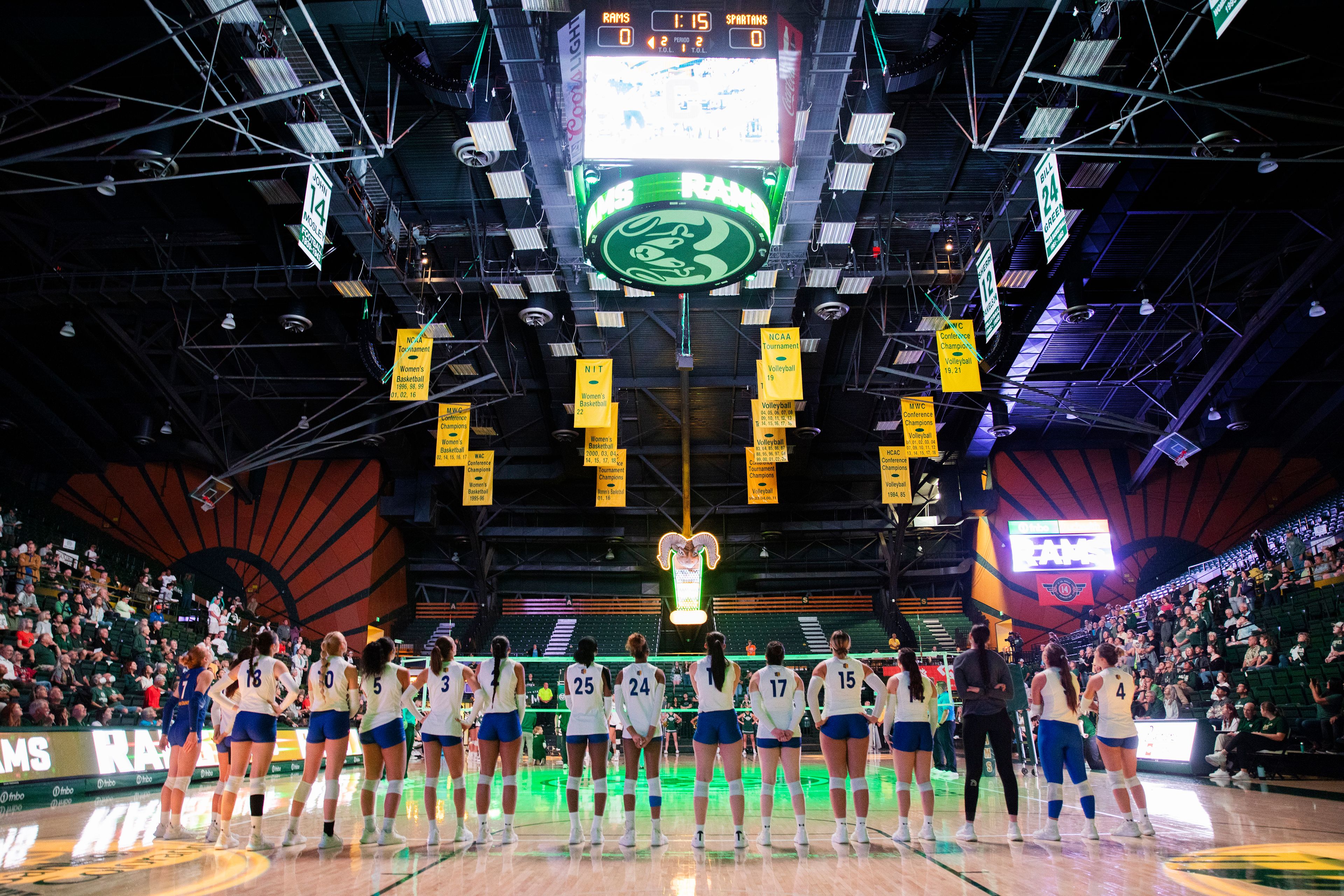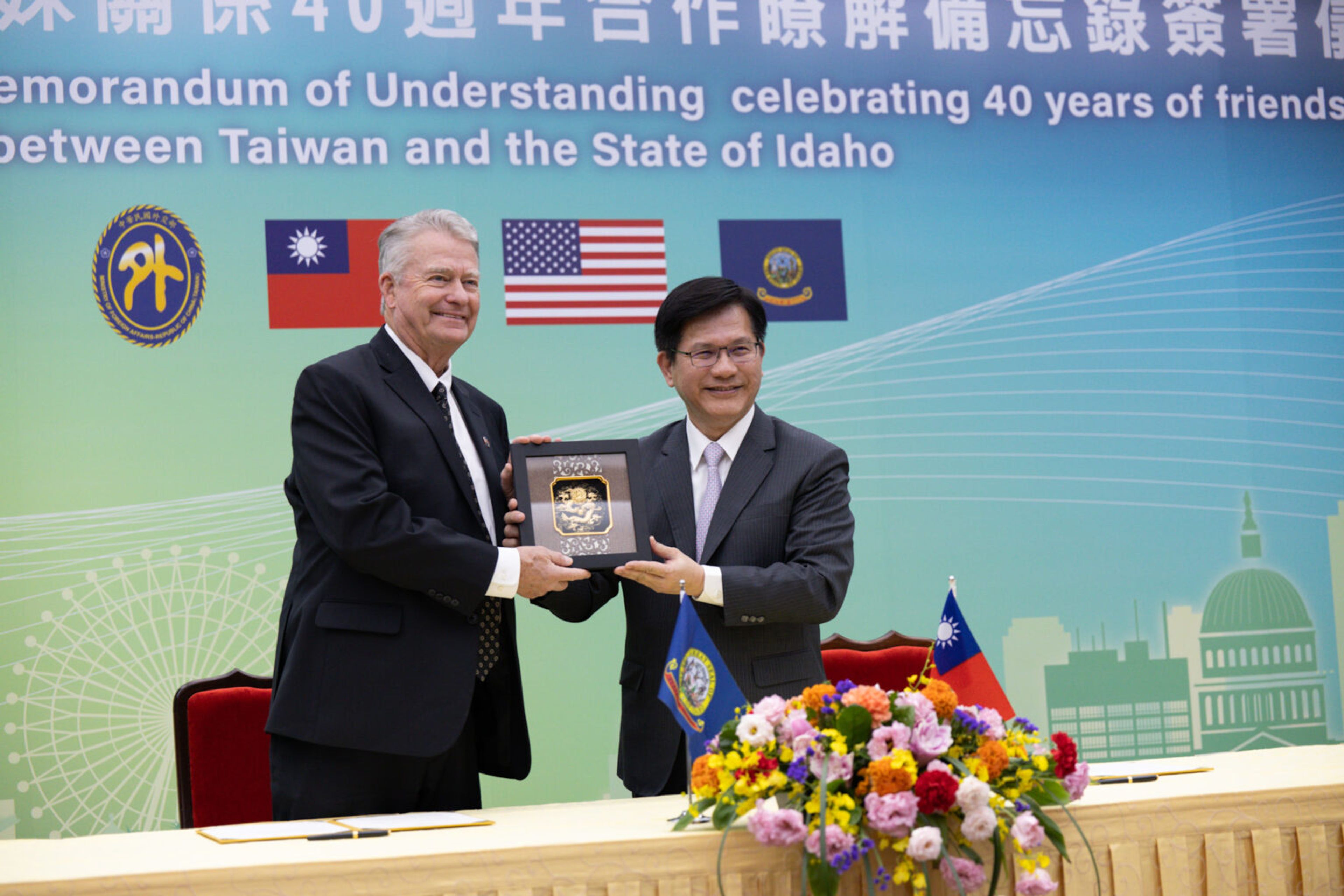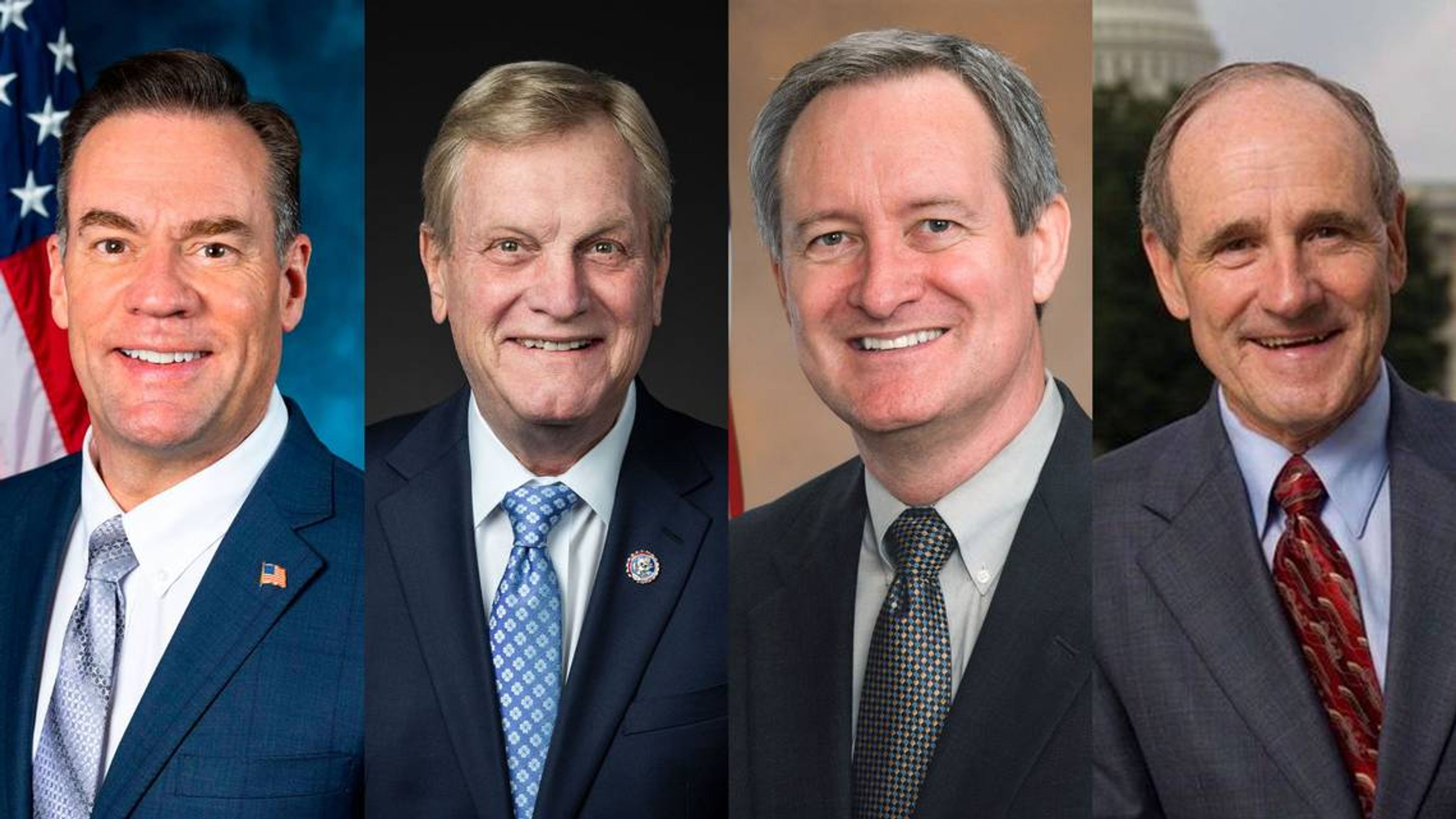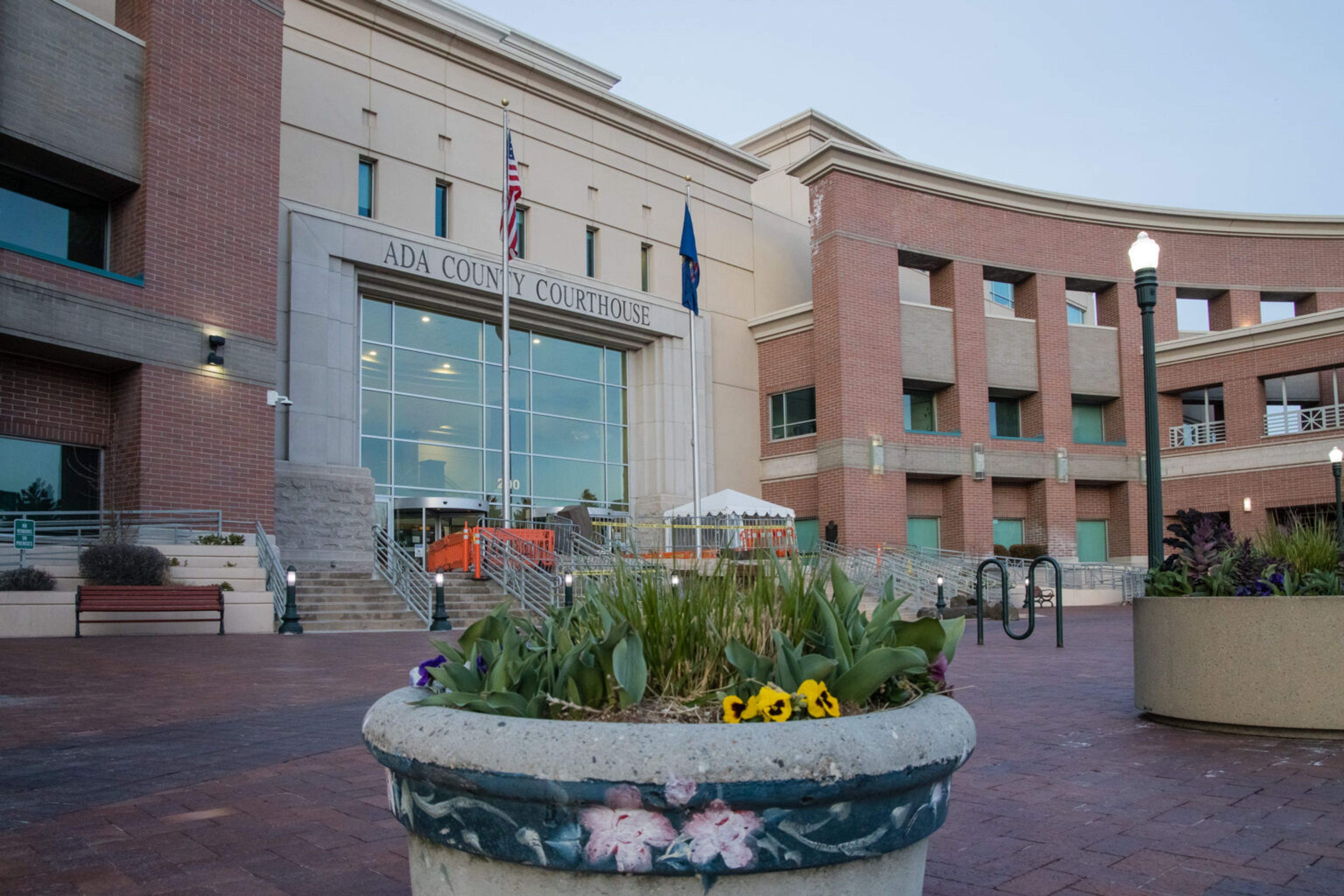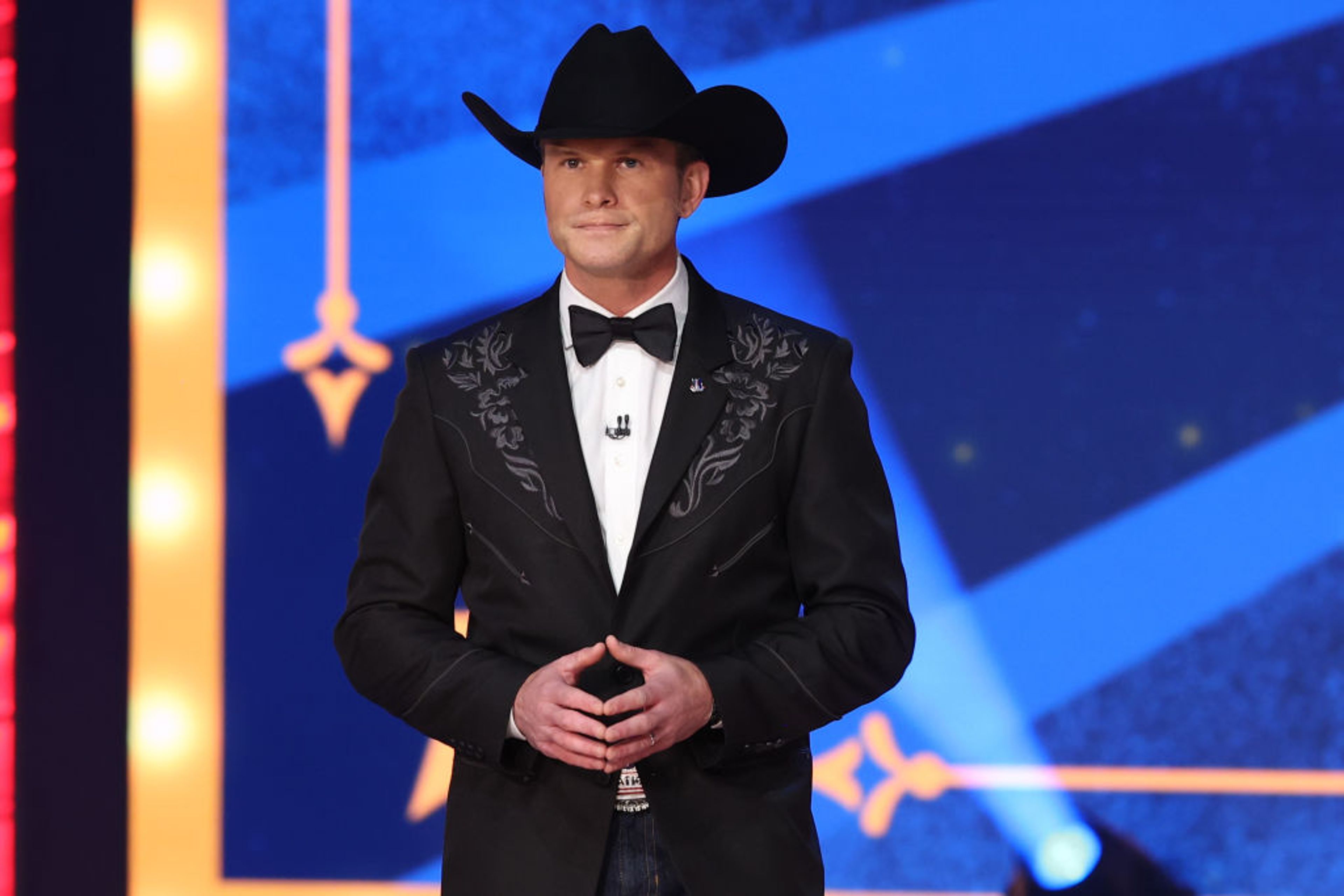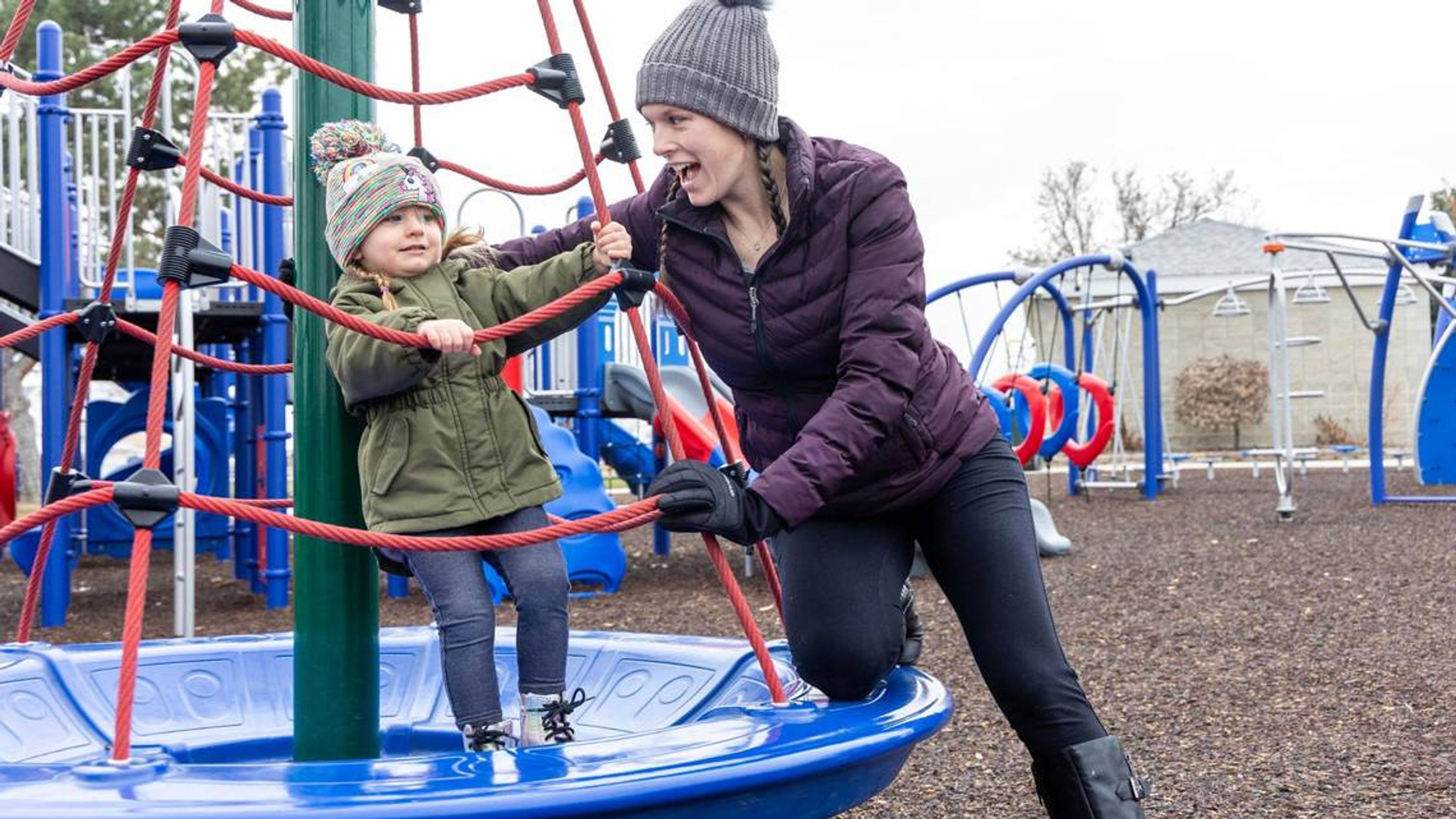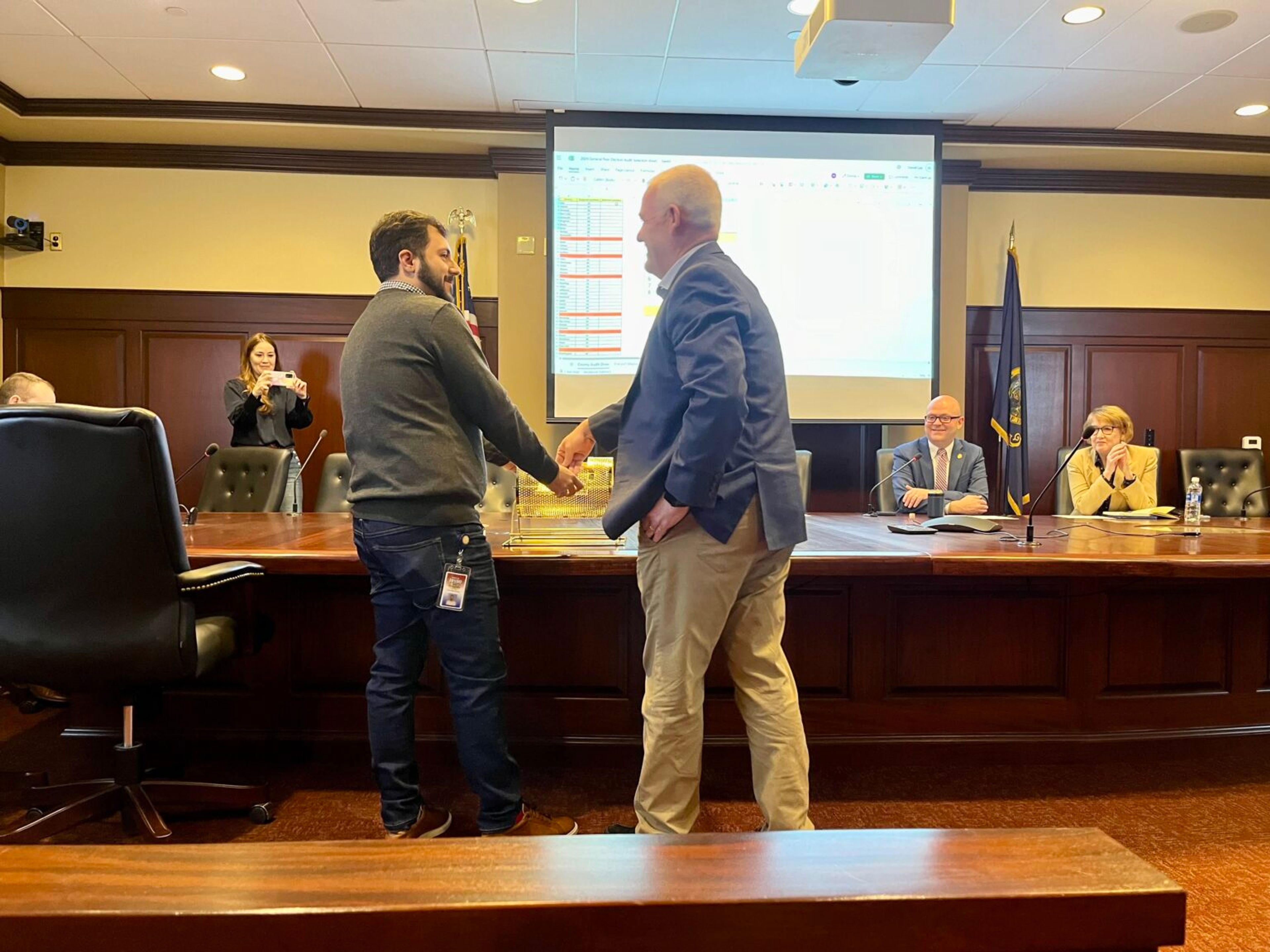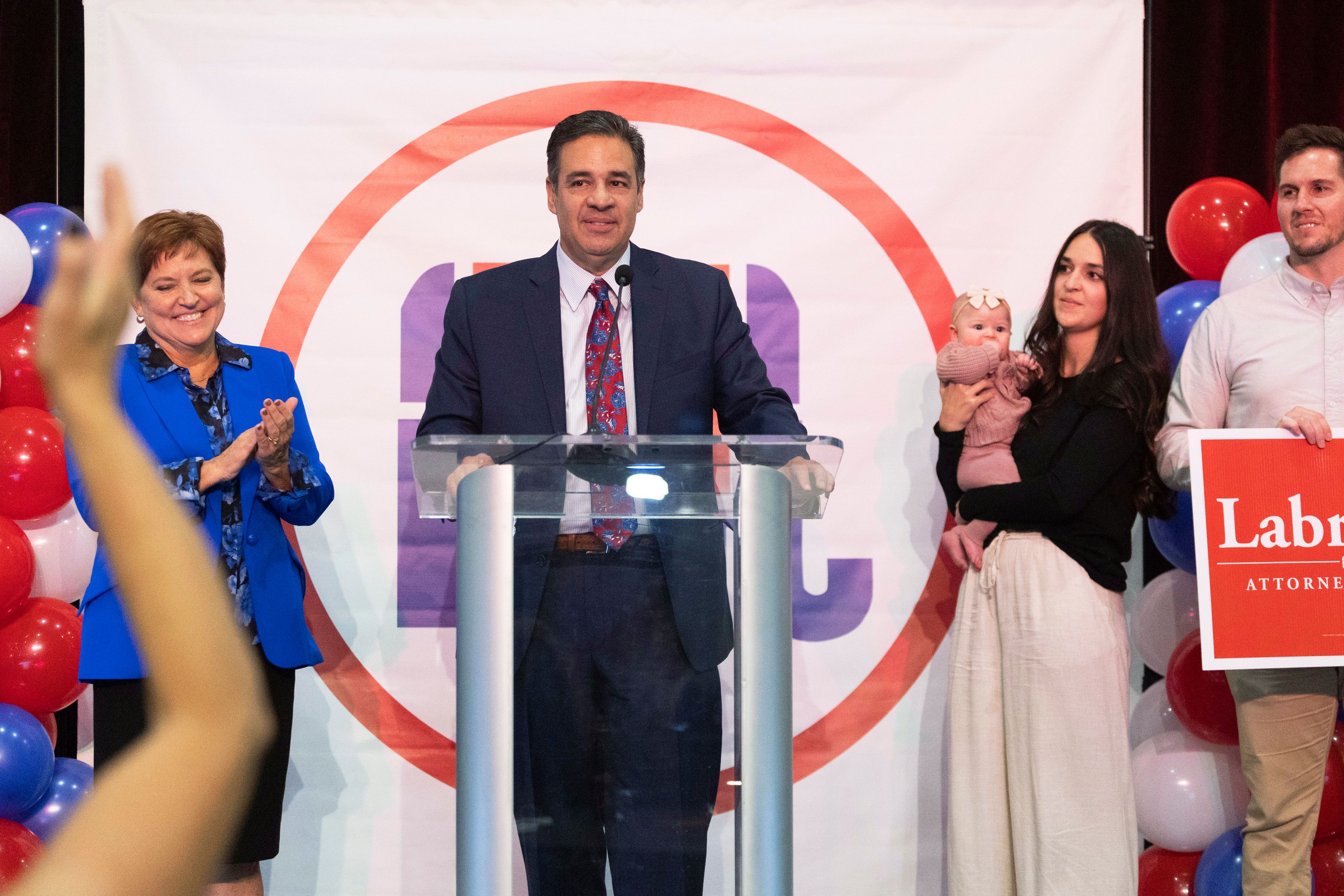Idaho Republican Party sees ranks swell
Analysts disagree over what the numbers will mean at election time
This year's contentious presidential primary season helped the Idaho Republican Party attract more than 80,000 newly affiliated voters, which could give GOP candidates a critical edge in some coming state legislative races.
Republican officials are specifically targeting the 5th and 6th legislative districts, which had the closest general election contests in the state during the last two election cycles.
"We're quite confident we're going to win both districts," said David Johnston, executive director of the state party.
The 5th District includes Latah and Benewah counties, while the 6th District includes Nez Perce and Lewis counties.
Johnston, together with Idaho GOP Chairman Steve Yates, visited both districts earlier this month, knocking on doors and campaigning for Republican legislative candidates. The party also opened field offices in Moscow and Lewiston to provide additional support.
Since January, the number of registered voters affiliated with the
Idaho Republican Party has jumped by 27.4 percent statewide, from just shy of 297,000 to more than 378,000. That increase alone surpasses the total number of registered Democrats in Idaho. (See graphic.)
Even bigger gains took place in the 5th and 6th districts, where Republican registration grew by 32.9 percent and 38 percent, respectively. In terms of the number of affiliated voters, the GOP now has a 2-to-1 advantage over Democrats in the 5th District and a nearly 4-to-1 advantage in the 6th District.
That could be all it takes to flip several key races.
In 2014, for example, House Minority Leader John Rusche defeated Republican challenger Mike Kingsley by 48 votes, while Democrat Dan Rudolph defeated incumbent Rep. Thyra Stevenson by just 26 votes. In the 5th Legislative District, Democrat Paulette Jordan defeated incumbent Rep. Cindy Agidius by 524 votes; that was a rematch of their 2012 race, which Agidius won by 123 votes.
Kingsley is challenging Rusche once again this year. Stevenson is making another run as well after Rudolph chose not to seek re-election. She'll face Lewiston City Councilor Bob Blakey. Jordan goes up against Republican Carl Berglund.
Johnston said the surge in party affiliation gives Republican candidates a clear advantage.
"We only need to pull a couple of thousand unaffiliated voters our way (to win these races)," he said. "It shows that our base is energized and excited. More and more people are willing to associate themselves with the Republican brand."
It's unclear, though, whether an increase in party affiliation necessarily translates into more votes come November.
Boise State University political science professor Jaclyn Kettler said much of the increase likely comes from previously unaffiliated voters who only registered with the Republican Party so they could participate in its closed presidential and legislative primaries.
"If a lot of them were already voting Republican (when they were unaffiliated), it won't necessarily change the general election results," she said. "At the very least, it will make Democrats more nervous, but turnout is really what matters in close races. So mobilization is going to be very important."
Partisan affiliation is also more of a factor in presidential and congressional races than in legislative and local races, Kettler said, "especially when you know the candidate and know what they've done for the community."
Rusche said the increase in Republican registrations "certainly gives them more names and numbers they can call to solicit money and volunteers."
However, he noted that Democrats have never been able to rely exclusively on party members to win an election. They've always needed support from independents and Republicans, and that will continue to be the case.
"I'm not sure this (increase in Republican registration) makes the hill much steeper," he said.
Moreover, given that Republicans typically have more contested primaries than Democrats, there's likely some cross-over registration going on - meaning party affiliation is more an indication of a voter's desire to participate than a reflection of their true political leanings.
"Pardon me if I'm a little suspicious of the numbers," said Rep. Carolyn Troy, R-Genesee. "Until you really dig into it and see who's actually registered, it's hard to tell what the data means."
Even with the sharp increase in Republican affiliations, Troy noted unaffiliated voters still make up nearly half her district.
"That speaks to the independent thinking and personal values of people in the district," she said. "I'm still going to fight for every vote and not take anything for granted."
Sen. Dan Schmidt, D-Moscow, agreed, calling party labels "a distraction."
"What we really ought to be doing is talking about values," he said.
---
Spence may be contacted at bspence@lmtribune.com or (208) 791-9168.
